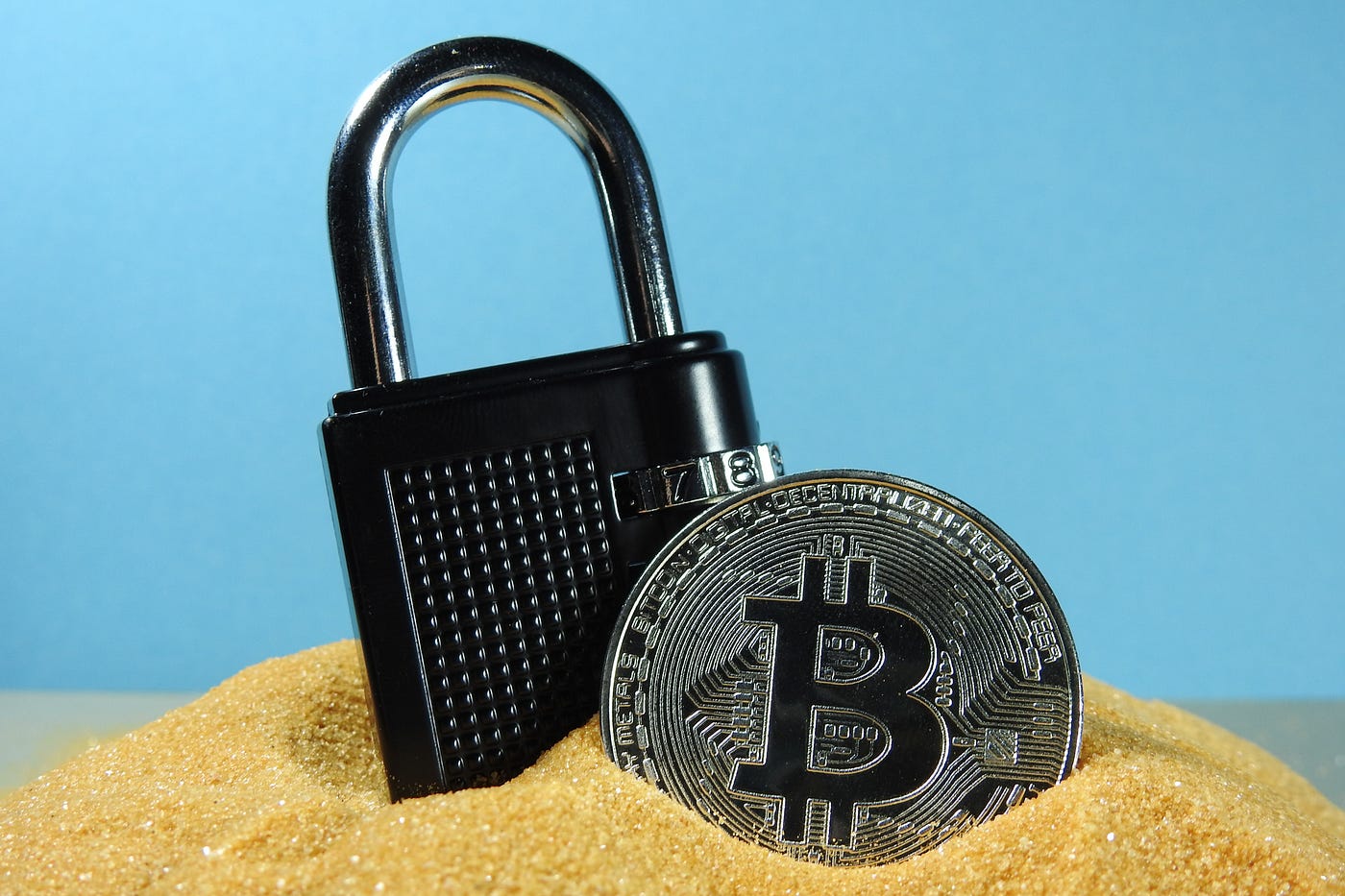Today, not only crypto developers but also their main “allies” – hackers – have reached a new level in technological development. The ability of the latter to adapt to changes in the Crypto World is truly remarkable. Crypto hackers have been skillfully bypassing all security systems that have been constantly improved for over 10 years.
However, this material will not be dedicated to praising the talents of hackers. On the contrary, we have gathered the best advice from experts on how to keep your crypto assets safe and avoid becoming a victim of cyber attacks. In fact, just adhering to simple rules can reduce the risk by a whopping 90%.
Rule 1: Monitor Your Data Yourself
Securing one’s own data is primarily the responsibility of the user. If they scatter passwords left and right, fail to save codes, and are careless with their assets, they will likely lose them soon. And the blame will be more on their naivety than on hackers. Basic security steps when dealing with cryptocurrency:
- Verify all personal data at input and storage stages.
- It’s advisable to keep all passwords and access codes to yourself and not share them with third parties.
- Check emails from crypto exchanges and information portals – do not click on suspicious hyperlinks.
Rule 2: Avoid Using Public Wi-Fi for Crypto Work
Crypto investors and traders need to constantly monitor price charts to not miss out on profitable deals. Often, they work on laptops anywhere – in the office, at home, in cafes, in parks, etc. Public places often offer free Wi-Fi, which makes such work more convenient and accessible… except when dealing with finances and wallets.
Using public Wi-Fi for accessing personal data, records, passwords, crypto wallets, and exchange profiles (unless you want to test your resilience in case of data leakage) is categorically unsuitable.
Rule 3: Be Attentive When Conducting Transactions
Users often lose funds due to their own carelessness. Simply entering the wrong address or recipient network can result in coins leaking to someone else’s account with no chance of recovery. To prevent cryptocurrency from being intercepted by scammers, it’s advisable to enter all addresses manually rather than use transaction history.
Rule 4: Use Only Verified Platforms for Crypto Operations
A list of verified cryptocurrency exchanges can easily be found online. The leaders are Binance, Bitget, OKX, MEXC, and Bybit, but besides them, there are dozens of equally reliable and convenient services. When choosing a platform to work with, pay attention to the number of real users, mentions in networks and information services (popularity), and reviews.
Rule 5: Opt for Cold Wallets
One of the safest ways to store crypto assets is a cold wallet. It’s a special device not connected to the network and less vulnerable to cyber attacks.
Rule 6: Use Complex Passwords and Two-Factor Authentication
Saving time or money on your own security is an unprofitable strategy. If a service offers additional steps to keep your funds secure, it’s better to use them. Keys and passwords should be stored in a secure place because losing them will lead to the loss of all currency in the wallet.
Rule 7: Regularly Update All Applications
The proper functioning of a system depends on timely updates. Developers work hard to improve their products for a reason. If a user does not update their wallets, it’s their choice, but they will be working with outdated models. It’s worth noting that updates should be official and confirmed.
Rule 8: Use Different Accounts for Personal and Work Purposes
Just as it’s advised not to mix personal and work matters, it’s not recommended to mix personal and work accounts. In conditions of constant work, information noise, and side factors, making a mistake or mixing up data is very easy. Why complicate your life when you can separate these two spheres?
Experienced investors allocate separate email addresses, profiles, and sometimes even separate personal devices for work to be absolutely sure of the safety of their funds and data.
Rule 9: Regularly Update Passwords
The action is simple, understandable, but for various reasons, a significant percentage of users still ignore it. It’s preferable to store passwords not on computers and phones but, as in the old days, on paper, and even better, in several places. A physical carrier in the 21st century is not as easy to steal as digital data from the same smartphone.
Rule 10: Learn More About Cybersecurity
Expanding knowledge about updates to digital systems is also an effective key to protecting your data from hacking. Tracking new trends, developments, techniques – all of this can be useful in the near future.
Conclusion
Safeguarding your cryptocurrency assets is paramount in an era where technological advancements have empowered both developers and hackers alike. By adhering to the top 10 security rules outlined above, crypto users can significantly mitigate the risk of falling victim to cyber attacks and ensure the safety of their investments. From diligently monitoring personal data to utilizing verified platforms and employing two-factor authentication, each rule plays a crucial role in fortifying defenses against potential threats.
Let’s hope that in the year 2024, there will be fewer cyber attacks in the Web3 space, crypto users will be more attentive and responsible, and developers will be more confident and bold!
If you want to learn more interesting facts about crypto, then check out our blog! You might like our articles “Address Poisoning Attacks: What You Need to Know” and “Crypto Events to Look Forward to in 2024”.


